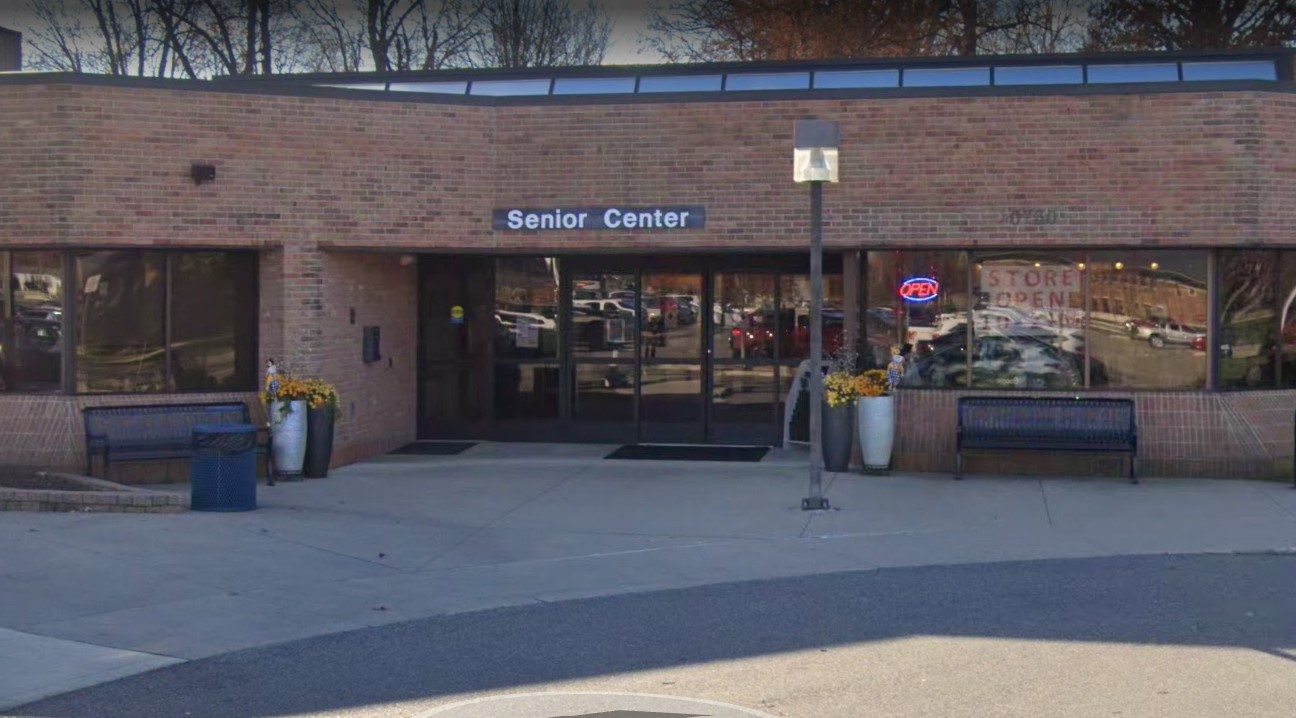Simulation Suits Illuminate Daily Struggles of Dementia Patients

In Guernsey, health professionals are gaining crucial insights into the daily challenges faced by dementia patients through the use of innovative simulation suits. These suits allow staff to experience firsthand the physical and cognitive difficulties that individuals with dementia encounter, fostering greater empathy and understanding in their care.
The simulation experience is part of a broader initiative aimed at improving the quality of care for those affected by dementia. According to the Guernsey Health Service, the suits replicate symptoms such as impaired vision, reduced mobility, and cognitive confusion. This immersive approach not only highlights the frustrations faced by patients but also enhances the training of health staff.
Enhancing Empathy Among Caregivers
Health professionals participating in the simulation reported a significant shift in perspective. Many expressed how the experience opened their eyes to the complexities of daily tasks that patients struggle with. Tasks that may seem simple, such as buttoning a shirt or navigating a room, can become overwhelming hurdles for those living with dementia.
Dr. Lucy Henderson, a leading geriatrician in Guernsey, emphasized the importance of this training tool. “Understanding the patient’s experience is vital. These suits allow us to step into their shoes, making us better caregivers,” she stated. The feedback from participants has been overwhelmingly positive, with many advocating for the integration of such training into standard staff development programs.
The initiative reflects a growing recognition of the need for empathetic care in healthcare settings. By simulating the challenges faced by patients, health staff can develop better strategies to support their needs effectively.
Community Impact and Future Applications
The use of simulation suits is not limited to professional training. Community workshops are also being organized, allowing family members and caregivers to participate in the simulations. This initiative aims to equip them with the tools to understand and respond to the needs of their loved ones more effectively.
As the program continues to evolve, there is potential for expansion beyond dementia care. Insights gained from these simulations could be beneficial in other areas of healthcare, particularly in understanding the challenges faced by elderly patients with various conditions.
The Guernsey Health Service plans to evaluate the long-term impacts of the simulation training on patient care outcomes. This innovative approach underscores a commitment to improving the lives of those affected by dementia, fostering a community that prioritizes understanding and compassion in caregiving.
The success of this initiative could serve as a model for other regions seeking to enhance their dementia care strategies. As the simulation suits continue to make an impact, the hope is that they will lead to more tailored and sensitive care across the healthcare system.






